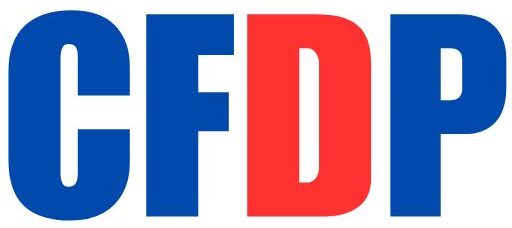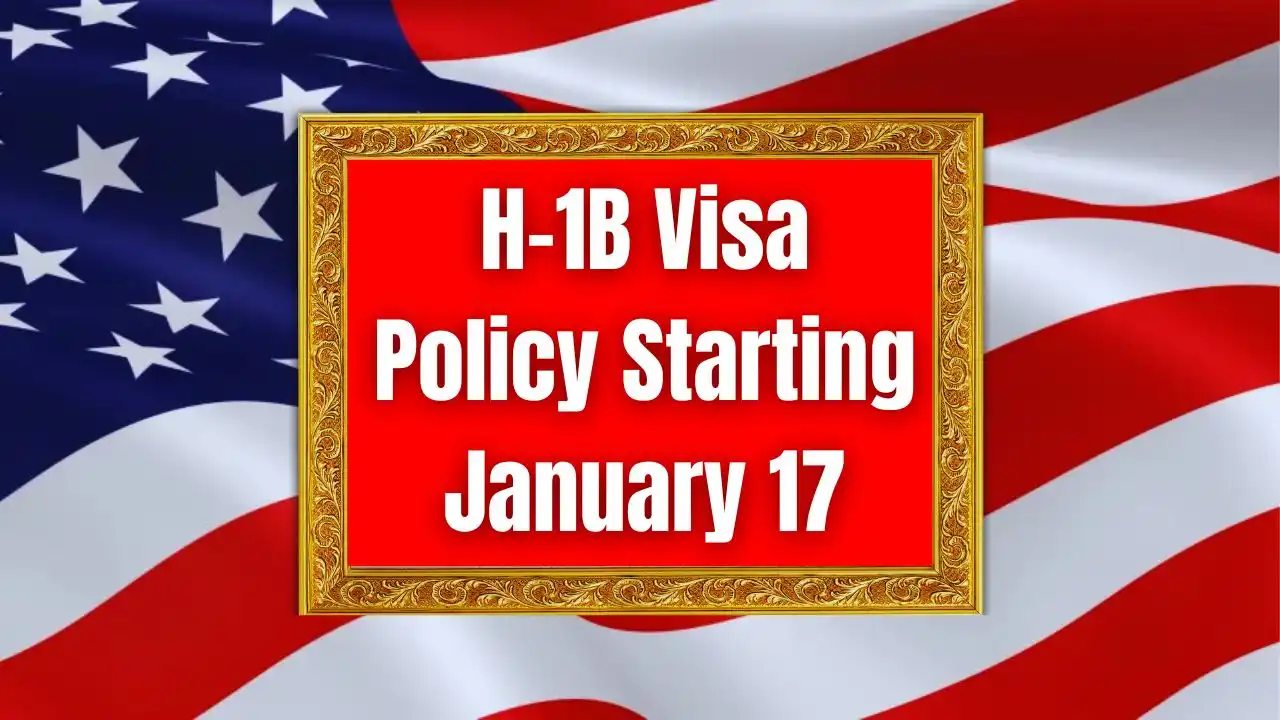Introduction and Background of H-1B Visa Program
H1B is a one-of-the-most popular non-immigrant visas in the United States. It allows U.S. companies to hire foreign workers in specialty occupations requiring theoretical or technical expertise. This is used widely in almost all fields such as technology, engineering, healthcare, and finance. It has many critics, including those who say that it suppresses wages or otherwise helps employers misuses.
Summary of Changes on Effective January 17
The new H-1B visa changes are aimed at addressing such criticisms, but they are also supposed to provide an indirect benefit to the U.S. economy and its workforce.
Improved Salary Requirement
One of the major eligibility requirements for the H-1B category is the salary requirement, wherein it has been stipulated that the minimum wage on the H-1 B category will be enhanced, and accordingly, the wage level will be increased, which will become mandatory for employers to give higher wages to foreign workers so that they pay salaries which are equivalent to those given to U.S. employees working in that category; this would cover the wage suppression as well as the interest of the foreign and domestic employees.
Restructured Criteria of Eligibility
The newly revised eligibility criteria for H-1B visas would admit specialty occupations to the deemed qualified individuals. It is further emphasized that the job must be specialized and the qualifications of the applicant be advanced degrees or certifications,
Stricter Unification Measures
The stricter compliance measures implemented by the United States government do strictly monitor the hiring employers for adherence to program rules. It will enforce random audit checks and increased scrutiny on all H1-B employers to detect the violators and penalized for misuse.
Changes in the Lottery System
In fact, the changes in the lottery system regarding visas for H-1B workers belong to the new regulations. The change will modify this system in favor of applications on higher basis which come through an accredited institution in America; the government’s goal is to attract and keep top talents.
Effect on American Employers and Foreign Workers
Changes would bring a shift incurring considerable impacts on both employers in America and the foreign workers hired. Additional costs that employers incur from the increased wage and added compliance measures were expected to develop the cost of hiring an H-1B worker. However, these changes expectedly tend toward standardization and fairness and, therefore, a diminutive potential of exploitation.
The New Rules Preparation Employees and prospective job applicants should prepare themselves for the new rules. Employers are supposed to analyze their hiring standards and ensure that they meet all requirements of wage provisions and maintain appropriate documentation to avoid penalties. Foreigners have to meet updated eligibility criteria and gather relevant documents to back their applications.
Conclusion
This amendment to the H-1B visa program effective on January 17 seems to alter the direction of U.S. immigration policy once and for all. Although the updates attempt to tackle some long-standing issues and aim for a fairer system, they also pose a challenge for both the employer and applicant. Stakeholders are encouraged to keep abreast of the changes and prepare themselves for the new developments associated with the H-1B visa as it is rolled out.




